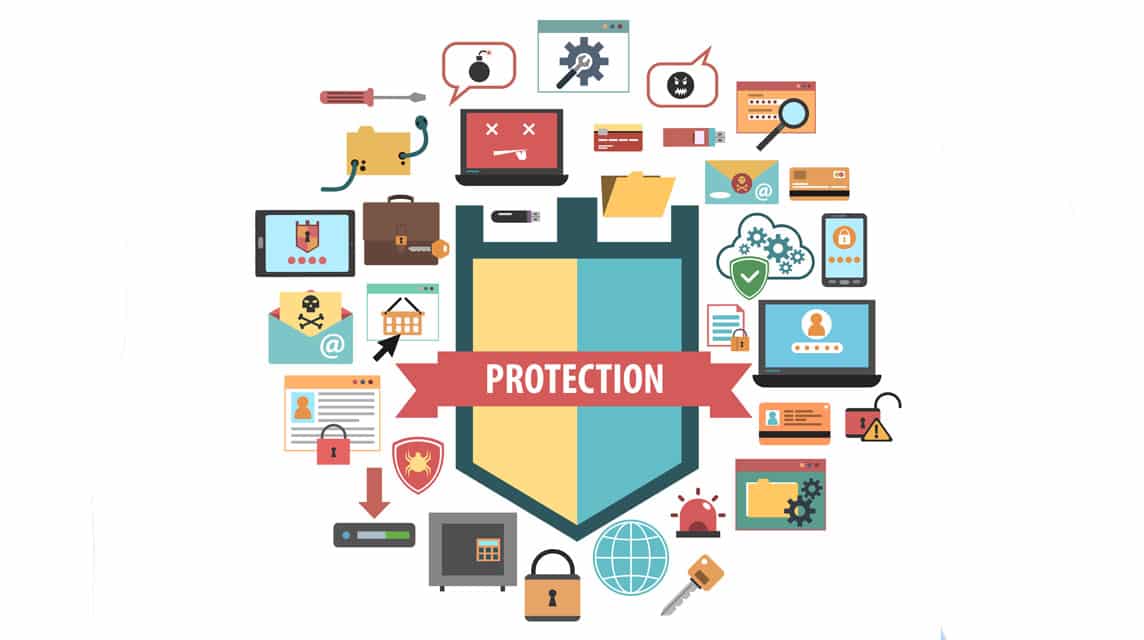VPN: A Safe and Private Way to Surf the Internet
In today's digital age, maintaining online security and privacy is a top priority. The increasing threat of cybercrime makes VPN an effective solution. VPN allows users to hide their online identity and access the internet securely. It provides internet freedom without geographical limitations.
VPN encrypts your data, protecting against spying and attacks. hackers. It allows access to geo-blocked content. This article will explain more about VPNs and the importance of maintaining your security and privacy online.
Cheapest MLBB Diamonds!
12 (11+1 Bonus)Mobile LegendsRudyStorez
IDR 8,00056%Rp. 3,500110 (100+10 Bonus)Mobile LegendsTopMur
IDR 32,0006%Rp. 29,900110 (100+10 Bonus)Mobile LegendsRudyStorez
IDR 32,0007%Rp. 29,70059 (53+6 Bonus)Mobile LegendsRudyStorez
IDR 19,00017%Rp. 15,60044 (40+4 Bonus)Mobile LegendsRudyStorez
Rp. 14,70020%Rp. 11,700277 (250+27 Bonus)Mobile LegendsTopMur
IDR 100,00025%Rp. 74,700110 (100+10 Bonus)Mobile LegendsBANGJEFF
IDR 32,0007%Rp. 29,700296 (256+40 Bonus)Mobile LegendsTopMur
Rp. 105,00024%Rp. 79,300408 (367+41 Bonus)Mobile LegendsTopMur
Rp. 111,90028 (25+3 Bonus)Mobile LegendsRudyStorez
Rp. 10,00021%Rp. 7,900Also read:
Understanding VPN and Its Uses

Virtual Private Network (VPN) is a technology that allows users to connect to the internet safely and privately. It works by protecting user data through encryption. Thus, online activities become safer and protected from unauthorized access.
What is a VPN?
VPNs is a virtual network formed on top of the public internet. It provides a secure and encrypted connection between the user's device and the VPN server. Thus, the user's real IP address is hidden, and the data sent and received is protected. Users can maintain their privacy and anonymity by using a VPN.
Benefits of Using a VPN
Using a VPN increases security when connecting to public networks, such as WiFi in a cafe or airport. VPNs also allow access to geo-restricted content. In addition, VPNs protect your online activity. remote access or remote access. VPNs keep users' data private by hiding their IP addresses and online activity.
How VPN Works

To understand how VPNs work, we must learn the process of data encryption and the use of tunneling protocols. VPN acts as a virtual firewall, protecting your online activities from various cyber threats. This is important to keep your privacy and data security safe.
Encryption and Data Security
When connected to a VPN, all the data you send and receive is encrypted. This encryption ensures that your personal information, such as passwords and financial transactions, remain safe. Even if your data is hacked, the encryption makes it unreadable to unauthorized parties.
Tunneling Protocol
VPNs use tunneling protocols to hide your online activity. These protocols create a secure virtual tunnel between your device and the VPN server. This disguises the origin and destination of your internet traffic, making it difficult for others to track your online activity.
VPN for Global Internet Access

VPN offers unlimited global internet access. It allows users to access content and websites that were previously geographically blocked. This feature is very useful for those who need access to information or services that are not available in their location.
VPNs allow users to hide their location, making it appear as if they are in another country. This helps to overcome restrictions and censorship imposed by governments or internet service providers. By VPNs, users can browse the internet freely, including access to content that is restricted in certain regions.
VPNs also enhance the protection of users’ privacy while online. By encrypting data, VPNs protect against third-party surveillance. This is especially important in countries with strict internet restrictions.
Conclusion

VPN is a crucial solution to ensure security and privacy in the digital age. This technology allows users to browse the internet more securely and privately. It also allows geographically unhindered access to a wide range of global content.
VPNs offer an additional layer of security by encrypting user data. This protects personal information from unauthorized access. Additionally, VPNs allow users to hide their IP addresses, avoiding online tracking.
With a VPN, users can browse the internet more freely. They can access websites and content that may be blocked in their location. The technology also allows users to connect to the global network, opening up access to resources and services that were previously unavailable.
Also read:
Don't forget to top up your favorite games quickly and cheaply only at VCGamers Marketplace!












